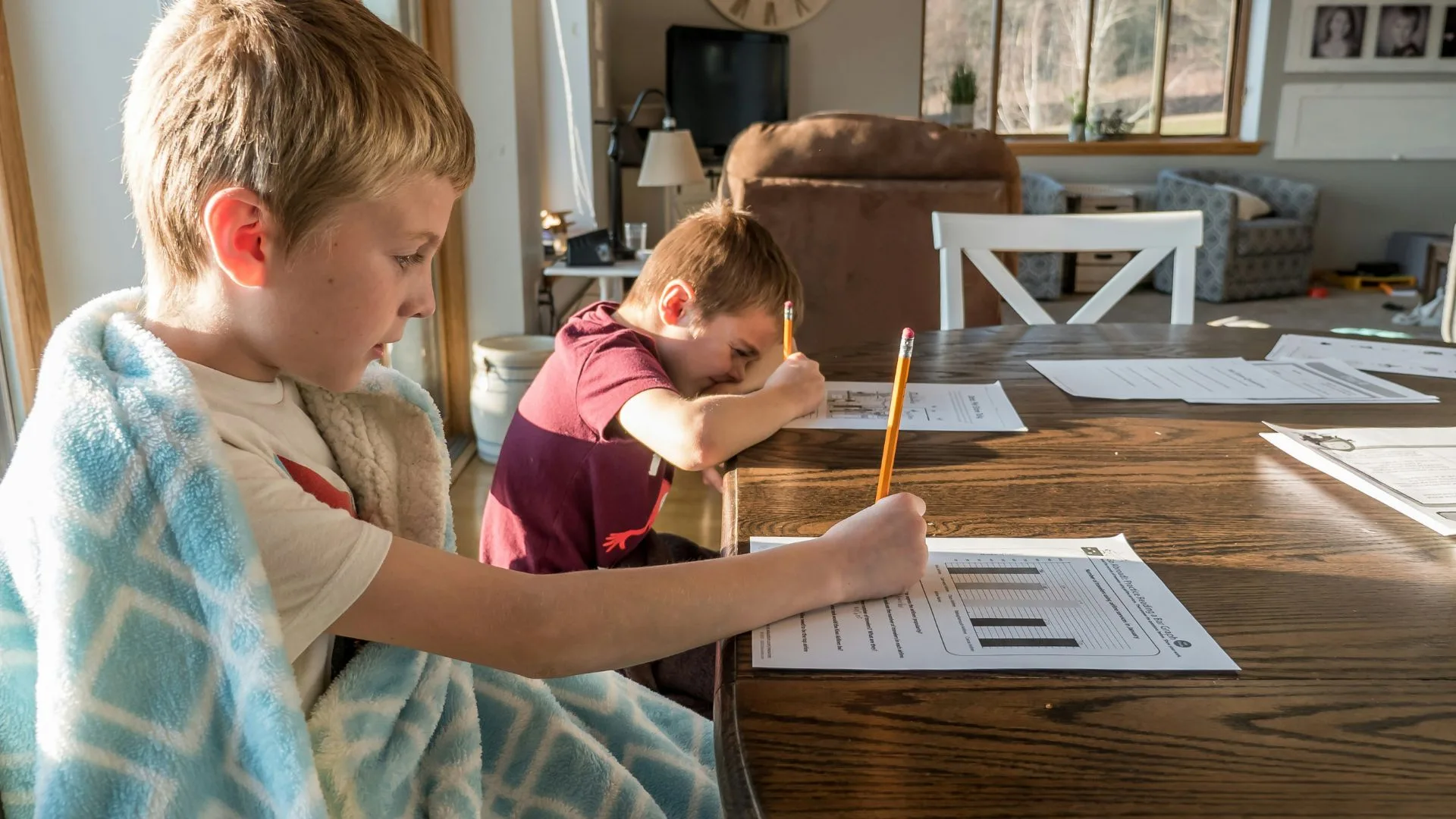By Professor Joseph Lo Bianco*
Good news!
Many parents ask this question, and the short answer is that there is a lot you can do. Even if you or your partner, or both of you, or even if no one in your immediate circle is confident and fluent in Greek, you can still support and encourage your child’s Greek language skills, interest and attitudes. I will describe some ways to do this below and extend these tips in later articles.
The first thing to keep in mind is that your attitude as much as the language input, makes a big difference. The second point to make is that the suggestions below are the fruit of a lot of research from across the world. Some of the suggestions might seem simple or obvious, but they are all the outcome of careful thinking and study.
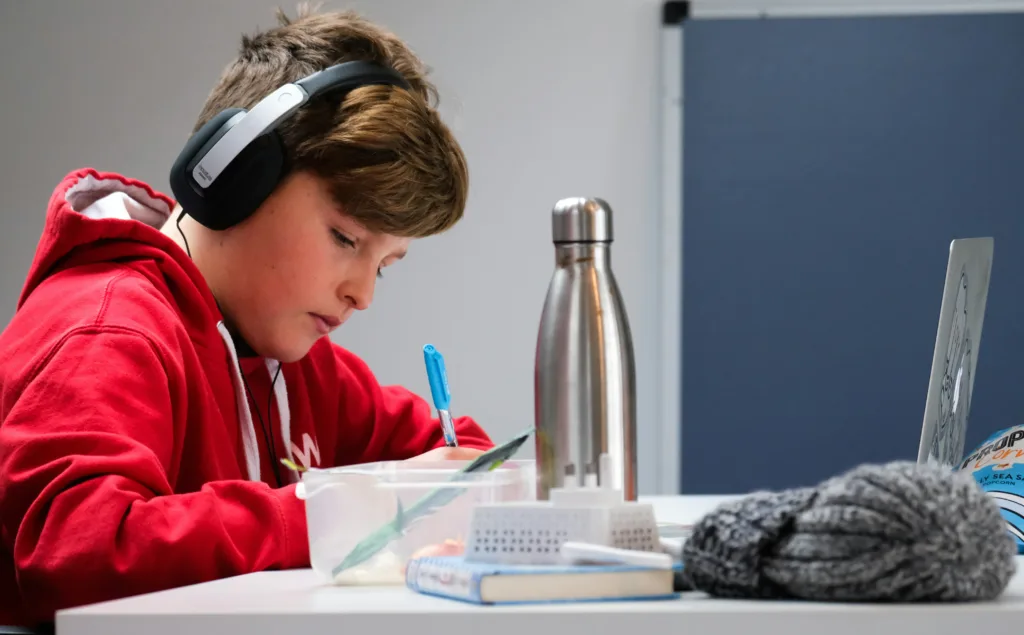
English and bilingualism
It is important to keep in mind that however much time you devote to Greek at home your child is likely to be dominant in English. That is the reality of Australia; although we are a multicultural and multilingual society, English is the common and shared language and dominates most aspects of life here. This means that no amount of effort or time you devote to Greek at home will detract from your child’s knowledge of English. This makes Greek ‘additive’, you are extending and adding to their skills, talents, abilities and cultural horizons, and it is this attitude that you need to instil in your child as well.
However, promoting Greek at home in an English dominated society is working against what we call language shift, the tendency of language loss across the generations. Children feel the pressure to belong to peer groups and you need to keep this in mind and foster a desire in them to identify as a bilingual Greek Australians, proud of their Greek heritage and seeing Greek language knowledge as a key part of this heritage. When you are promoting Greek at home you are promoting bilingualism.
What are some practical ways to support Greek language at home?
I will set out some principles first, and then some specific suggestions and then what I call the family language plan.
Principles
To achieve the best results, you need consistency, frequency and positivity. Research shows that with small children predictability is central to learning. In practice this means that children will expect that at a certain time of day, or in a certain activity, or with a certain person, they will be hearing Greek and expected to use Greek in reply.
Praising and encouraging your children to value and use Greek naturally is important, as is the idea that they will hear the language in a natural way. You will need to create events, settings or situations in which Greek is the normal and expected language and your children will get used to the fact that they will be addressed in Greek and are expected to at least understand it, and over time to reply in Greek.
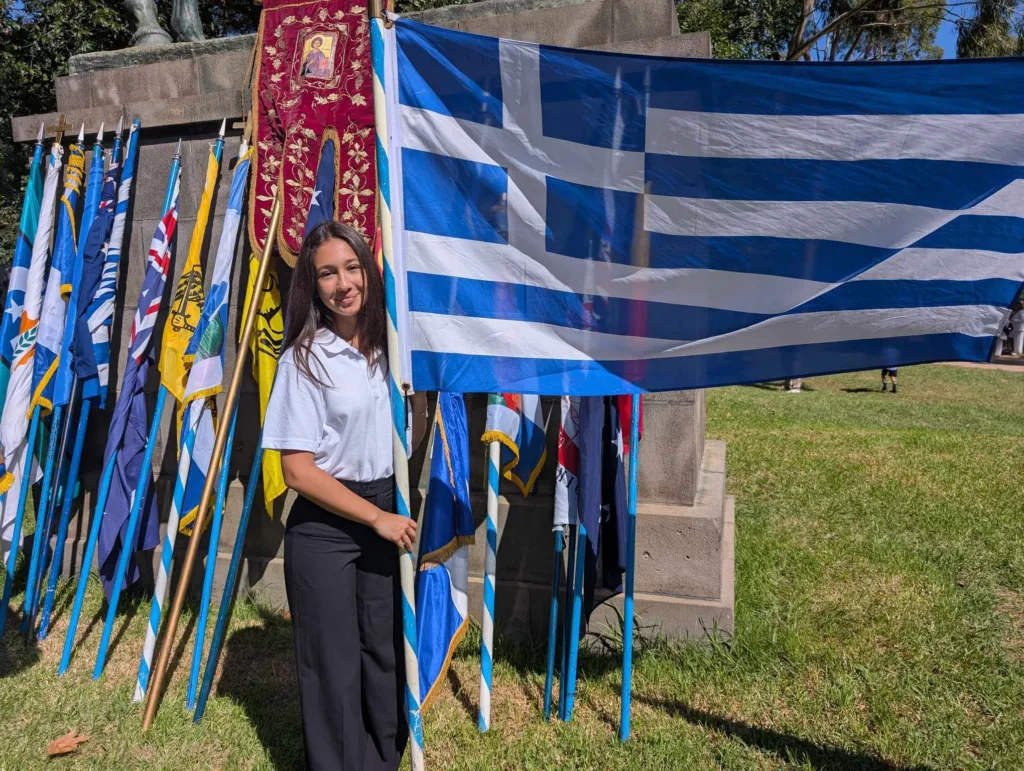
Three approaches
Greek language needs to have a consistent, predictable and regular presence in your daily life. A useful way to think about it is that Greek needs to be associated with a person, a place or an activity, on a regular basis, every week, and preferably every day.
- Person
If only one parent speaks Greek, then they should be the regular user of Greek in the home, for as much of the day as possible. This is called the One Person One Language (OPOL) model. OPOL was first devised in Belgium in the early 20th century and has been the subject of a lot of research. There are many variations, but the simplest way to do it is as follows: parent A uses Greek to all the children and to their partner all the time and parent B uses English.
If both parents speak Greek and you want to create a full immersion in the language at home this is of course ideal, however it is also useful in this case to create a family language plan, so the children know what’s expected. OPOL can be varied to include babysitters, elderly relatives, friends and neighbours, older siblings, and so on but the basic principle is that there is extended long term use of one language for all needs and communication in the home.
You don’t have to be rigid or inflexible; there are many occasions or situations in which it might be necessary to break the OPOL pattern, but what research has found is that this should be discussed with the children as a temporary deviation from the family language plan. Because the other parent is using English (in some cases it might be a different language, say Spanish) so the reality is that everyone develops multilingual listening and reading skills, but a sharpened focus on Greek with at least one parent.
The parent using Greek should aim to vary the subject of what they discuss with the child, and occasionally you can even introduce (not teach) new words or expressions, to help the child participate actively in conversation. The focus should also be regular normal conversation, doing what is normally done at home.

2. Place
A version of OPOL is place or location. We can call this OLOL, one location one language. This might be a room in the house and all the activities that occur in that room, and ideally both parents use only Greek, and the children agree in advance to do so. If you vary the activities and what is discussed the range of language input can be enriched, otherwise the location shapes what language the children hear, and this might over time become too narrow.
Like OPOL this approach of having a room or setting or other place devoted to Greek will need to be frequent and regular so it becomes predictable to children, especially small children, and should be enjoyable and use multimedia materials. It could be a TV room and be planned for a certain time every day or every two days and marked in different ways. In some bilingual families small children do this by what they wear, maybe a hat, or by other family specific routines.
3. Activity or Time
The third main way is activity or time centred, such as mealtimes, TV watching, sport, visits or bedtime routines. With activity and time-based Greek support it is also important that these are varied, so that different topics are discussed, and you can use the OPOL method, or everyone becomes an equal learner/user for those activities.
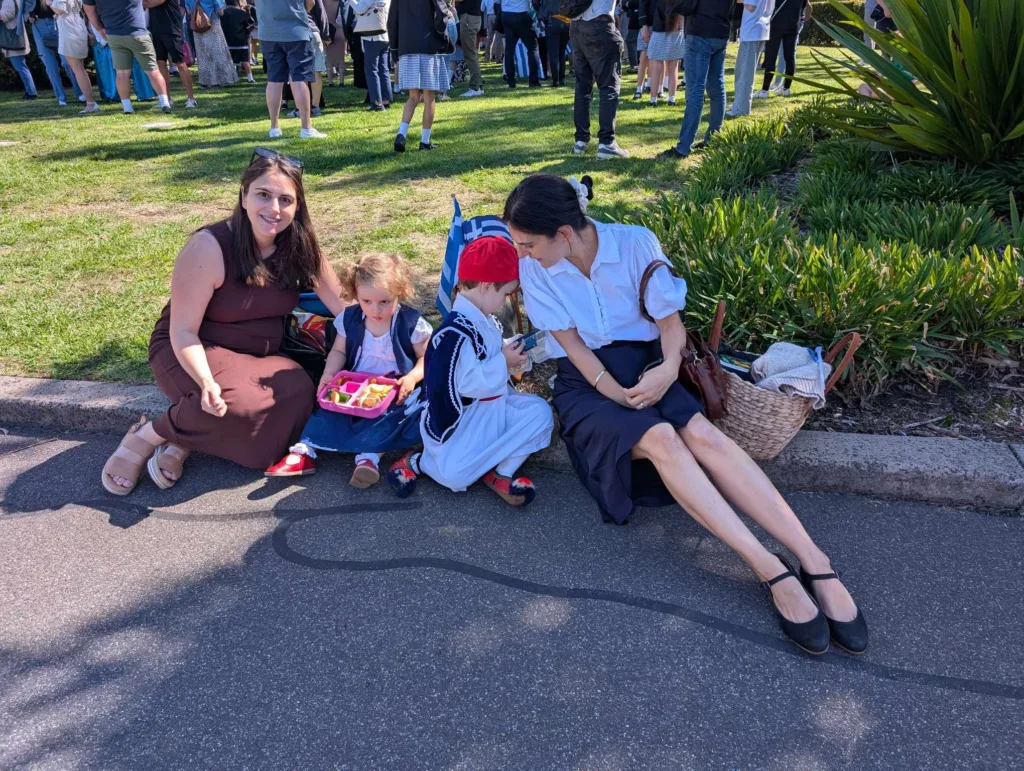
Getting started
Different methods will suit different your families and you can vary these, but what is a key thing to do is to discuss and agree on the strategy, and this is done by a family language plan. You can make it very informal; some families have found that making it semi-official, like a family conference in which children and adults agree on strategies, and roles etc. can be useful.
A contract might involve: We will try to use Greek and only Greek on Thursdays. If we run out of words, we hold up the card that says ΠΟΙΑ ΕΙΝΑΙ Η ΛΕΞΗ ΣΤΑ ΕΛΛΗΝΙΚΑ; and try to not use English. But if we do use English occasionally that is not a drama.
Families have shared rules and arrangements, and the family language contract quickly becomes like brushing teeth, putting on seatbelts, sitting down for meals at set times, whatever rules your family has adopted. The reason this helps is because it asks children to participate in decision making, to feel they are being listened to and that the commitment to support Greek is shared by all, even by the English-speaking parent in OPOL. One commitment that works in many families is that older children become ‘champions’ for the language, and agree to help younger ones, and to review and think about how the contract is working every so often.
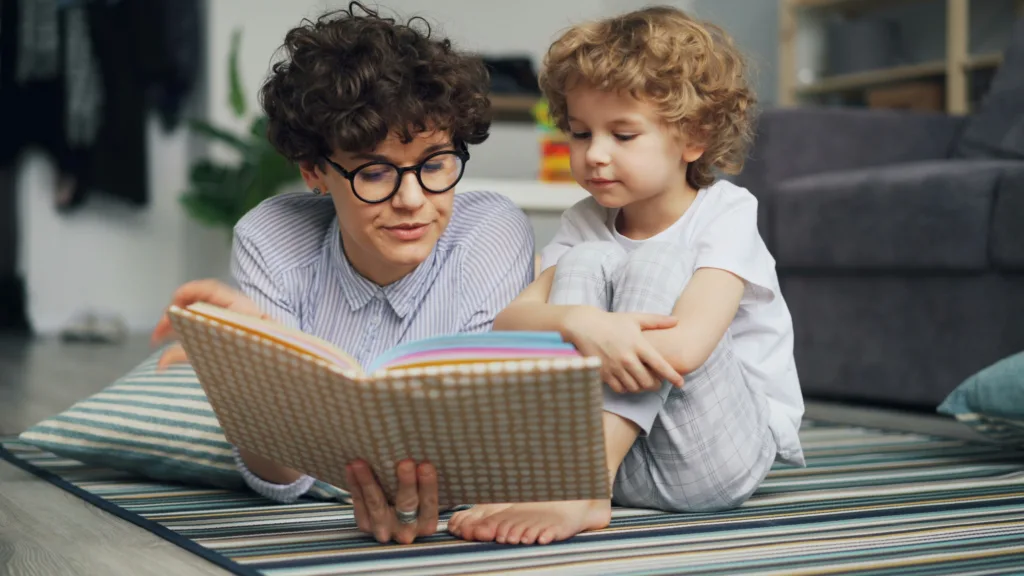
At Pharos we run regular seminars for parents titled Raising Bilingual Children. You are very welcome to join our next seminar on Sunday 8 June, 1:30pm-5:30pm. It is free of charge.
*Joseph Lo Bianco is Professor of Language and Literacy Education at the Melbourne Graduate School of Education. He is also the President of Pharos Alliance, dedicated to preserving Greek language in Australia.
Do you have a question you would like the Pharos Alliance to answer, send your query to editor@foreignlanguage.com.au.
